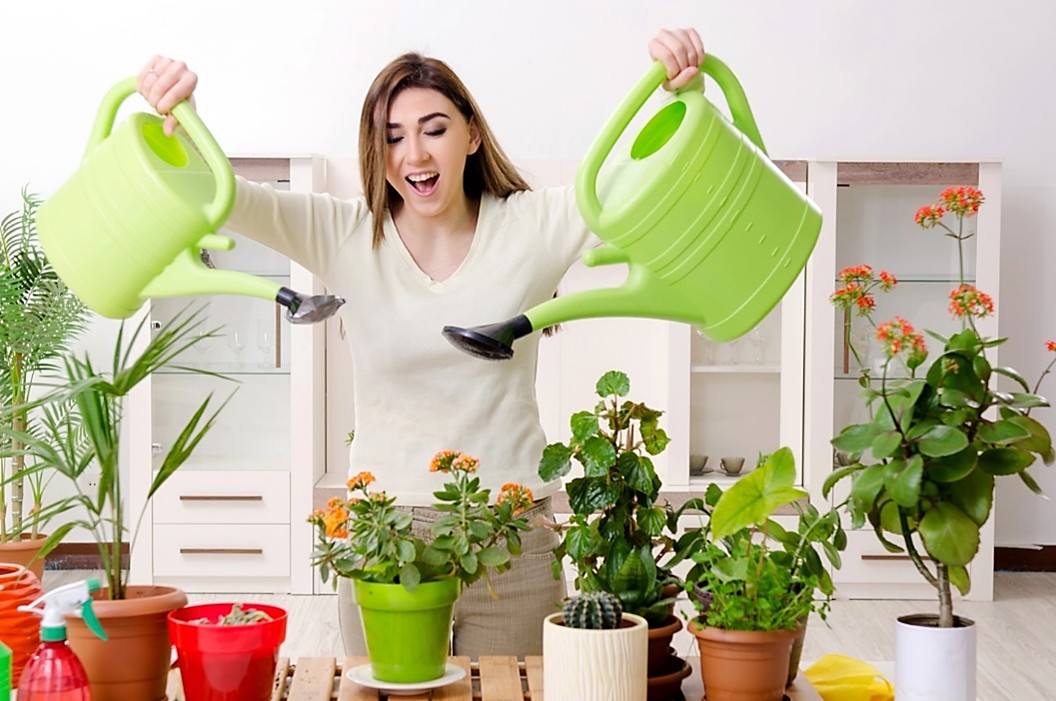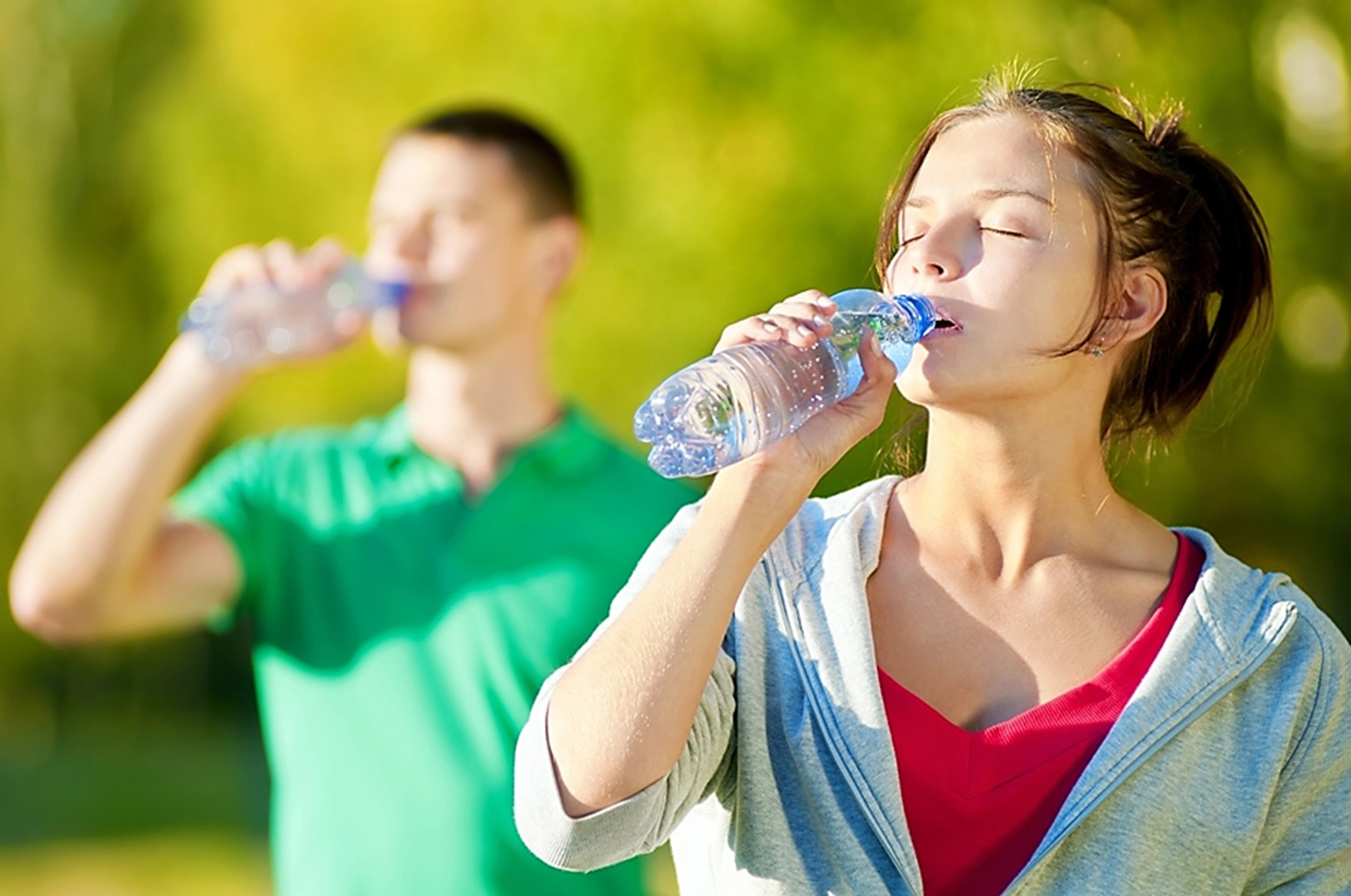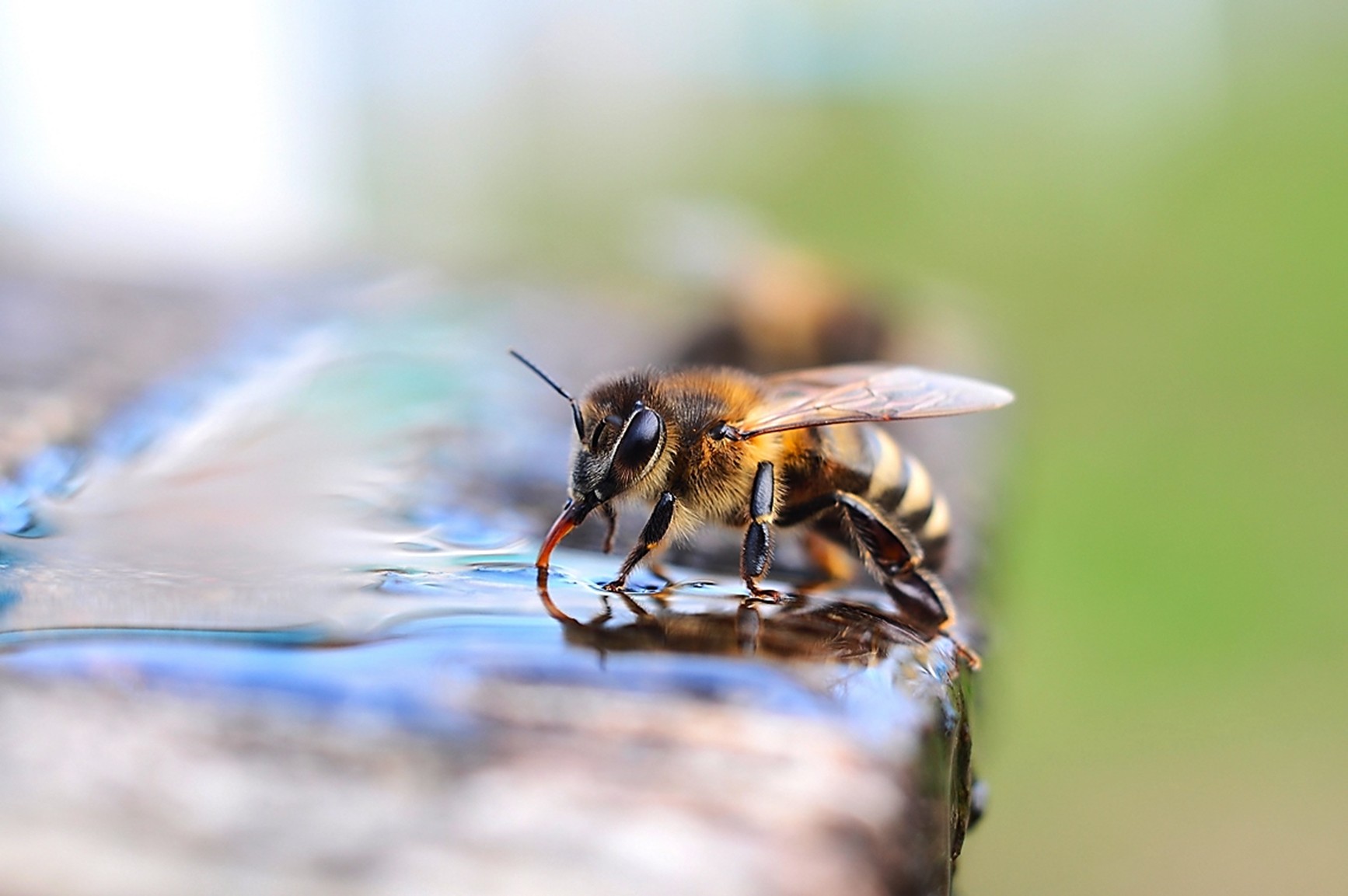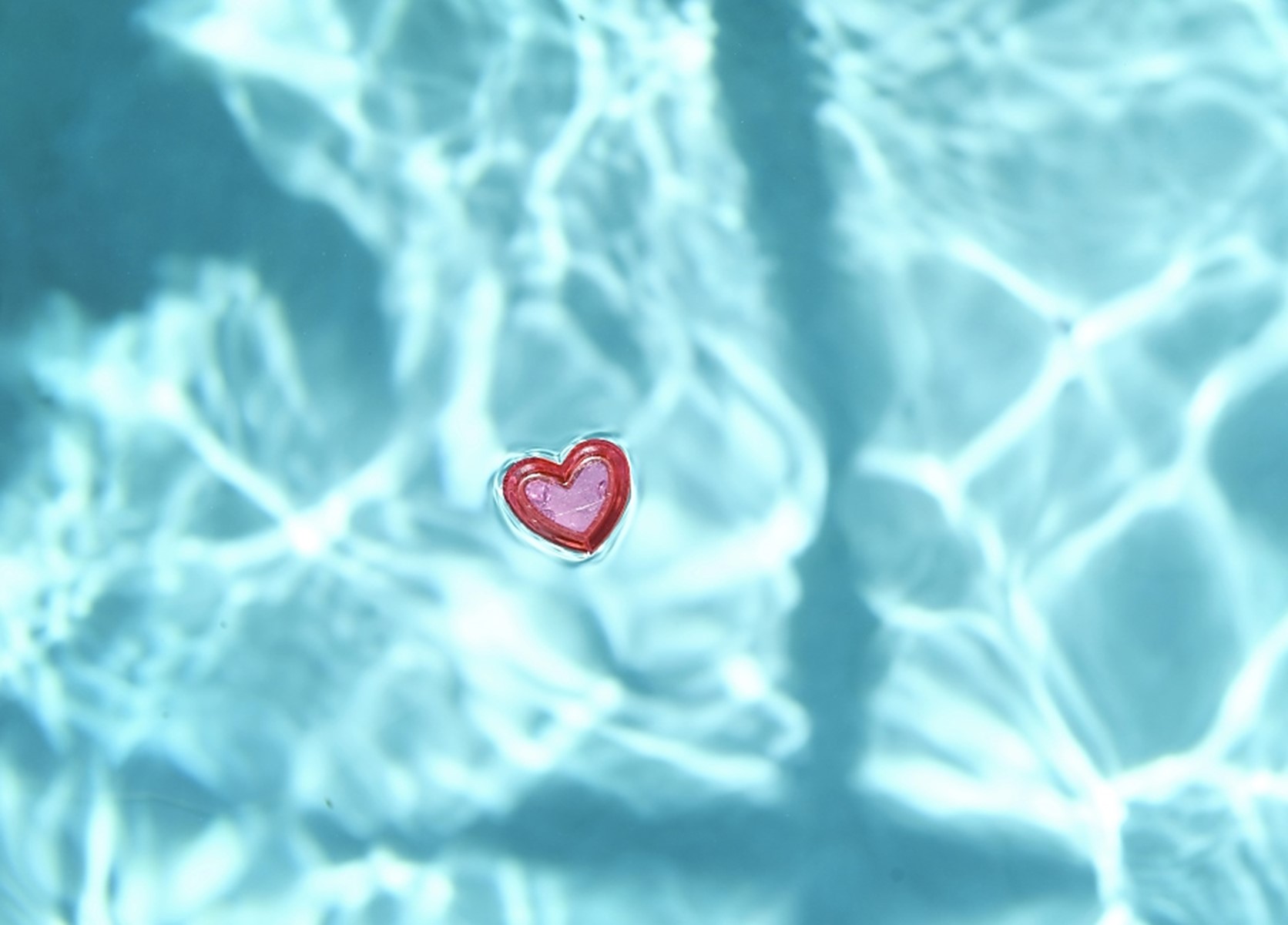
by Fern Shaw | Aug 20, 2025 | Water, water cooler, Water Coolers
August is shaping up to be a rather refined month, having recently brought us two excellent reasons to raise a glass – National Prosecco Day and National Pinot Noir Day. Whether you’re a fan of sparkling celebrations or prefer a silky red, there’s no denying that wine lovers have had plenty to toast to. But before you get too carried away with the cork-popping and swirling, let’s take a moment to appreciate the unsung hero behind every great glass: water.
Yes, that humble H₂O from your water cooler plays a bigger role than you might think. Grapes, after all, need a good drink too – as do you. From vineyard to bottle, water is essential in the winemaking process, nurturing the vines and keeping those precious grapes plump and juicy. Without it, there’d be no Pinot, no Prosecco … and frankly, no fun.
Now, while we admire the idea of having a glass of fizz on tap, we strongly advise against repurposing your water cooler as a wine dispenser. It’s not that we haven’t thought about it – we have – but it turns out wine and water coolers just aren’t a great match (something about internal mechanics, hygiene and common sense).
What role does a water cooler play with wine?
What is a good idea, though, is keeping hydrated if you’re partaking in any wine-themed festivities. With the UK recently doing its best Mediterranean impression, alternating each glass of Prosecco or Pinot Noir with a glass of chilled water isn’t just sensible – it’s practically celebratory. Your head (and possibly those you work with) will thank you the next day.
So, whether you’re sipping something sparkling or savouring a smooth red, don’t forget to also replenish your water from your trusty water cooler. It might not be as glamorous as a vineyard in Veneto or Burgundy, but it’ll help you stay balanced, bright-eyed and ready for whatever tomorrow brings – even if that’s just another Monday.

by Fern Shaw | Jul 30, 2025 | Water, water cooler
For the last few (gloriously hot and sunny) weeks, the focus has been on how to stay hydrated when it’s hot. But before everyone gets carried away filling paddling pools, pressure-washing patios and watering every leaf in sight, a stern internal voice (think Sergeant Major, broad as Stockton, moustache bristlier than Bristol) barked: “Water conservation at all costs, people!”
So now we have our hydration sorted, the focus shifts from personal hydration (still important, mind) to looking after our green spaces without soaking the planet. Here are six simple, sensible ways to keep your green spaces thriving while still being kind to water supplies:
- Raise That Mower Blade – Cutting the lawn too short in hot weather is like sunbathing without sunscreen. Set the mower to a higher level – taller grass shades the roots and helps the soil retain moisture.
- Sprinkle with Purpose – Sprinklers are best for large patches of grass. For smaller areas or container plants, a watering can (or even a humble cup) is much more precise – and far less wasteful.
- Avoid the Heat of the Day – Midday watering does more harm than good. The heat can cause water to evaporate before it even hits the roots – or worse, scorch the leaves. Early morning or evening is best.
- Inspect Sprinklers Like a Pro – Leaky valves or clogged heads? That’s water literally down the drain. A quick once-over every few days can save litres – and your lawn will thank you.
- Skip the Windy Watering – Watering on a blustery day is a bit like trying to drink from a straw in a hurricane. Most of it misses the mark. Save it for a calmer moment.
- Choose a Smarter Fountain – Fountains that trickle, or cascade lose less to evaporation than those that spray into the air. And during hotter spells, it might be best to switch them off – unless, of course, they’re affordable water fountains or essential for visiting wildlife.
And a final word from around the Water Cooler
As tempting as it may be, please don’t take a jug from the office water cooler to douse your flower beds – unless it’s for your prized bonsai that lives in the shaded corner of the conference room. (We see you, Bartholomew Bonsai from Finance.)
Because whether it’s a heatwave or just another sunny spell, conserving water is always in style – and the Sergeant Major wouldn’t have it any other way.

by Fern Shaw | Jul 15, 2025 | Water, water cooler, water dispenser
When the temperature climbs, having easy access to drinking water becomes more than just a comfort – it’s essential. While most people know hydration is key to staying healthy in the heat, there are plenty of reasons it matters that aren’t always top of mind.
Hot weather naturally increases thirst, but it’s easy to underestimate how much fluid the body needs to stay comfortable and focused. Even mild dehydration can leave people feeling sluggish, less alert, or more irritable than usual. Regular water breaks help boost energy levels, support clearer thinking, and can even improve general mood. Wherever the location, having a water dispenser on site, whether at work, the office, store, shop, gym, sports centre lobby, or job site can make a genuine difference, encouraging people to drink regularly without thinking twice.
Children, older adults and those with health conditions are particularly vulnerable in high temperatures. They might not always recognise the signs of dehydration or be able to help themselves, so it’s important that others check in and offer water often. The same goes for pets, who can’t ask for a drink and wildlife, who may struggle to find water during dry spells. Even placing a shallow bowl of water outside can be a lifeline.
Helping each other stay cool and hydrated isn’t just thoughtful – it’s vital. Making water easily available and encouraging regular sips throughout the day is a small effort that can prevent serious problems. Whether it’s through personal care or simply having a water station nearby, keeping water within reach can keep everyone – from colleagues to pets – a bit safer in the heat.

by Fern Shaw | May 19, 2025 | Water, water cooler, Water Coolers
This World Bee Day is the perfect time to give a big thank you to the tiny pollinators who keep our world blooming and our plates full.
Bees might be small, but their impact is huge. Around one-third of the food we eat relies on pollinators like bees. They help plants reproduce by spreading pollen – a vital step in producing fruits, vegetables, and seeds. Apples, strawberries, tomatoes, courgettes … even coffee and chocolate owe a lot to bees.
Without bees doing their daily buzz-about, many of our favourite foods would become rarer, pricier, or disappear altogether. Farmers count on them to pollinate crops, and entire ecosystems rely on their work to stay balanced and healthy.
But bees can’t do it all alone. They need safe habitats, food sources, and something we often overlook – water. Like us, bees get thirsty! They need clean, shallow water where they can safely land and drink without the risk of drowning. A small dish with stones or floating corks makes an easy, bee-friendly watering spot in any garden.
So, this World Bee Day, let’s give back to the bees. Plant some wildflowers, skip the pesticides, and pop out a bee-safe water dish. Every little effort helps protect these brilliant buzzers and, in turn, the food we love.
Bee kind, bee thankful – and keep buzzing for change!

by Fern Shaw | Feb 12, 2025 | Water, water cooler, water cooler
Valentine’s Day, for some, is both one of the most dreaded and alternatively, most anticipated days in the February calendar, for a variety of reasons.
Dreaded because the day seems to have morphed into a commercialised and forced day of having to publicly declare your feelings of love and affection to a significant other.
Anticipated because the expectations of many objects of affection wait anxiously to see what the day will bring them.
Sadly, the tradition and meaning of Valentine’s seems to have been lost, which is a pity as the real aim (har har) of the day was rather lovely (and quite passionate!)
Examples through history:
*The earliest surviving valentines in English appear to be those in the Paston Letters, written in 1477 by Margery Brewes to her future husband John Paston “my right well-beloved Valentine”.
Valentine’s Day is mentioned ruefully by Ophelia in William Shakespeare’s Hamlet (1600–1601):
To-morrow is Saint Valentine’s day,
All in the morning betime,
And I a maid at your window,
To be your Valentine.
Then up he rose, and donn’d his clothes,
And dupp’d the chamber-door;
Let in the maid, that out a maid
Never departed more. ~ William Shakespeare, Hamlet, Act IV, Scene 5
In the Victorian-era there was a language of flowers, sometimes called floriography, a means of communication in which various flowers and floral arrangements were used to send coded messages, allowing individuals to express feelings which otherwise could not be spoken. This language was most communicated through a tussie-mussie (flower posy), an art which still has a following today, if in a much simpler manner.
The nuances of the language are now mostly forgotten, but red roses still imply passionate, romantic love; pink roses denote affection; white roses suggest virtue and chastity and yellow roses still stand for friendship or devotion.
Things to perhaps consider for this Valentine’s Day – whether you choose to celebrate the day or not. If you are presenting/receiving a tussie-mussie to/from your intended, remember to give it water.
Just a friendly heads-up: please don’t use the water from the home, office or school water cooler. That’s for us humans, and we kind of need it to, you know, live.
Plus, think about it: if someone doesn’t get a Valentine’s, they’ll need that drinking water to keep their skin looking all youthful, glowing and plumped-up. A bit of hydration can work wonders, whether it’s for a pre-date glow-up or just to help them plot their (hopefully more successful) strategy for next year.
Happy Valentine’s!
*source: Wikipedia

by Fern Shaw | Jul 8, 2024 | Water, water cooler, Water Coolers
I know I’m always blathering on about drink water, keep hydrated, drink water, hydration, drink water, but honest-to-goodness, when you do the type of research that I do, trust me, there are monster-sized reasons for this advice.
But, to switch things up a little, I’m going to reverse the blather and look at it from another perspective.
Not Drinking Water Means:
- A mere two percent drop in body water can trigger fuzzy short-term memory, trouble with basic maths and difficulty focusing on the computer screen or on a printed page.
- Even mild dehydration will slow down one’s metabolism by as much as three percent.
- Lack of water is the number one trigger of daytime fatigue.
- A mere two percent drop in body water can trigger fuzzy short-term memory, trouble with basic maths and difficulty focusing on the computer screen or on a printed page.
- Preliminary research has shown that up to eighty percent of people suffering from back and joint pain could have these pains significantly reduced by drinking between eight to ten glasses of water a day.
- Our digestive systems need a good amount of water to digest food properly. Not drinking water leads to too much stomach acidity and constipation.
- By not drinking water, the thirst mechanism becomes so weak it is often mistaken for hunger. We all know where that leads.
As evidence of the disservice we do to ourselves by not drinking sufficient water continues to mount up and with refreshing drinking water available to us at the turn of a tap or a press of a button gives me reason enough to become a little bit of a water warrior (I was going to say an H2O agony aunt, but that’s just rather unappealing).
You get the gist. Topping up, refilling and replenishing your water bottle or glass is the simplest and most effective manner in which to reduce daytime fatigue, false hunger pangs all while increasing our metabolism rate and our ability to focus.






